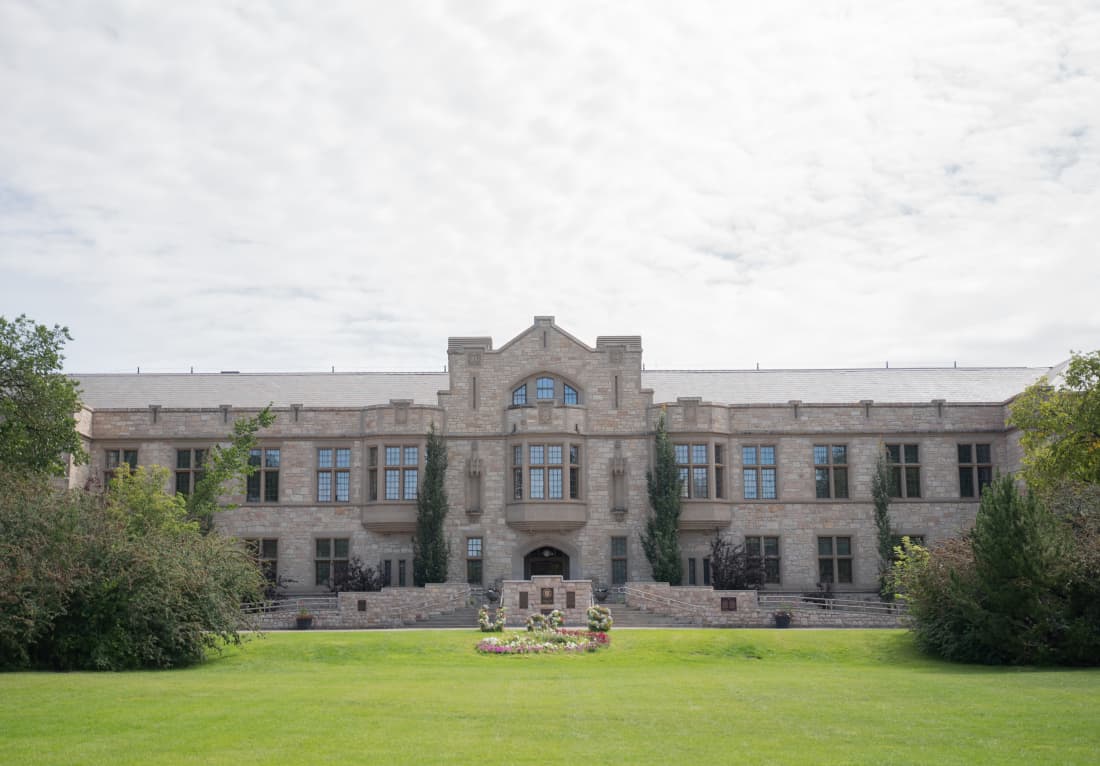
The University of Saskatchewan is a positively massive institution with thousands of students and employees. Such an important and large entity necessitates responsible government.
This article will not cover every single governing institution at the U of S, nor will those below be covered exhaustively. However, what the reader ought to take away is a solid understanding of the governing institutions that are the most relevant to them.
UNIVERSITY ADMINISTRATION
Three different bodies make up what is collectively known as the university administration. Each has various committees and is responsible for making decisions that impact students and university employees.
The Board of Governors
The Board of Governors is responsible for managing the university’s property and finances. Most relevant to students is that the BoG approves tuition for each year. It is composed of the chancellor, the president, five members appointed by the Government of Saskatchewan, two members elected by the Senate, the president of the U of S Students’ Union and one faculty member. BoG meetings are only open to members, though there are highlights and summaries of the meetings available to read online. U of S students are represented at these meetings by the acting USSU president.
The University Council
The University Council is responsible for the university’s academic affairs. It is the body that grants degrees, scholarships and approves academic programs among other things. It is composed of 116 members from across the university such as the president, the provost, elected faculty members and one elected student from each college. The monthly University Council meetings are open to all students and the minutes and agendas are available online.
The Senate
The Office of the University Secretary describes the senate as “the university’s window on the province and the province’s window on the university.” It is composed of 116 members from parties with an interest in the U of S. Some examples include undergraduate students, college deans and representatives of groups which “have a demonstrated interest in furthering the goals of higher education and research at the university.” Senate meetings happen twice a year and are open to everyone, with agendas and minutes available online.
STUDENT GOVERNMENT
In addition to the university administration, there is a student government. The USSU is an organization run by students that encompasses all undergraduates at the U of S.
The USSU provides services to and represents the interests of the undergraduate student body. Four elected students govern the organization: made up of a president and three vice-presidents who oversee their respective portfolios of academic affairs, student affairs, and operations and finance.
The University Students’ Council, which is made up of the USSU executive team along with 12 student councillors — elected representatives from all the colleges, international and Indigenous students — vote on decisions which are carried out by the executive.
All USC members are elected annually by the student body, but participation has taken a downward trend in recent years with only 9.34 percent of students voting for the 2019-20 term. It is common for candidates to run unopposed, including the executive, whose positions come with a salary of almost $40,000.
The USSU has several committees which review and make recommendations on specific, in-depth matters. Each committee is composed of an executive as chair, a number of USC members and a number of students at large. Students at large are members of the general student body who wish to participate in the USSU and be part of a committee. Students are welcome to attend the weekly USC meetings; agendas, minutes and recordings are posted online.
Among the ratified student groups under the USSU, of particular note is the Indigenous Students’ Council. The organization is not an official part of student government, although with recent talks of forming an Indigenous Students’ Union, this may change in the coming future. Still, the ISC provides services to Indigenous students, should they wish to take advantage of them.
The way the university is governed may seem unimportant or boring, but the kinds of decisions made by the BoG, the USSU and so on can affect each and every student. It is essential that students engage with these bodies to ensure that their interests are being met. Or at the very least, so that so they know in which direction the university may be heading.
—
Kienan Ashton
Photo: Victoria Becker / Photo Editor
Leave a Reply